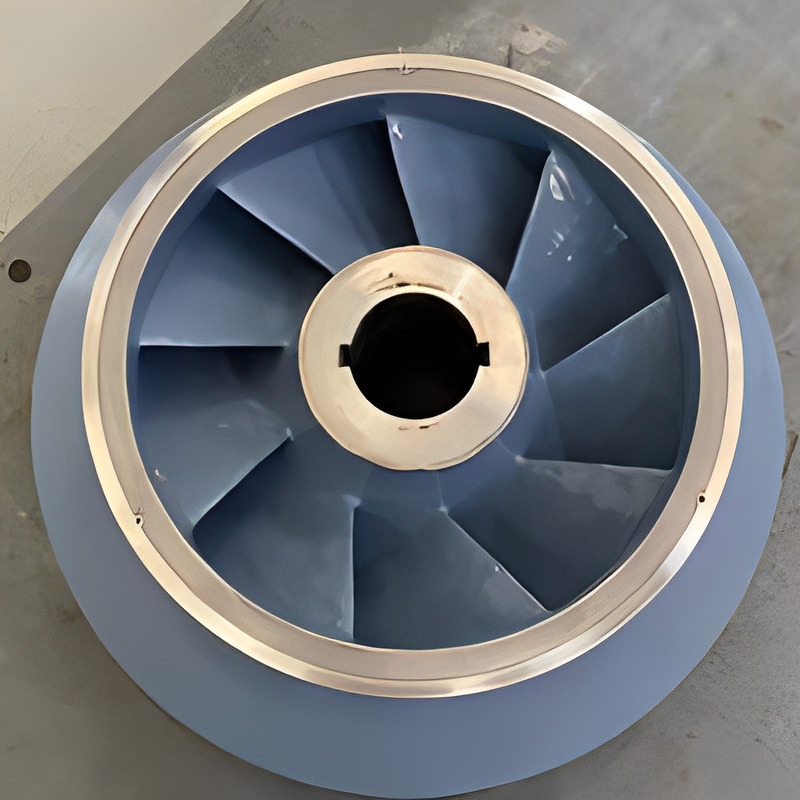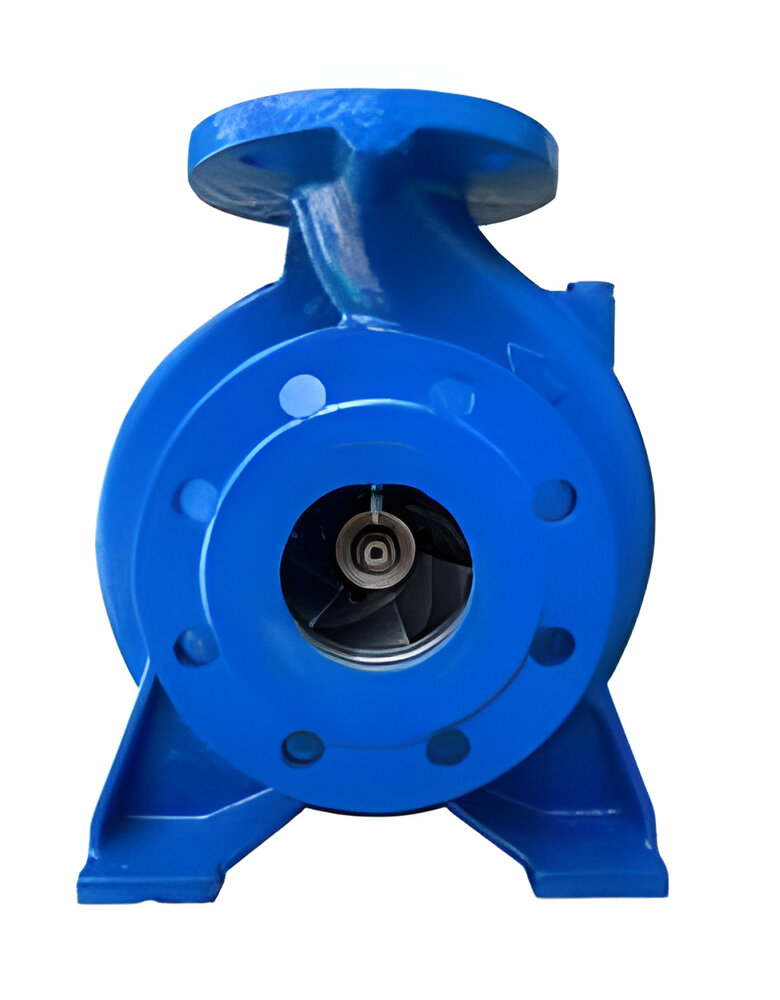In the realm of fluid dynamics and pump systems, the impeller stands as a critical component, responsible for generating the kinetic energy required to move fluids efficiently. Among the various methods of impeller production, cast impellers have gained significant traction due to their versatility, durability, and performance benefits across different applications.
Investment Casting Impeller
Investment casting, also known as lost-wax casting, is a prevalent method for producing intricate impeller designs with high dimensional accuracy and surface finish. Manufacturers utilize this process to craft intricate fuel pump impellers, centrifugal pump impellers, and boat water pump impellers. The investment casting technique allows for the creation of complex geometries, enabling optimal fluid flow characteristics and enhanced pump performance.
Centrifugal Pump Impellers
Centrifugal pump impellers play a pivotal role in the functionality of centrifugal pumps, which are widely employed in various industries for fluid transportation and circulation. These impellers are often subjected to high rotational speeds, demanding materials with excellent mechanical properties and corrosion resistance. Stainless steel impeller casting emerges as a preferred choice for centrifugal pump impellers due to its superior strength, durability, and resistance to corrosion and erosion in challenging environments.
Sand Casting Impeller
Sand casting offers a cost-effective solution for producing large and robust impellers, particularly in applications where intricate details are not critical. While sand casting may not achieve the same level of precision as investment casting, it remains a viable option for manufacturing pump impellers, especially those utilized in heavy-duty industrial settings such as water treatment plants and mining operations.
Stainless Steel Impeller Casting
Stainless steel casting processes deliver impellers with exceptional corrosion resistance, making them ideal for applications involving aggressive fluids or harsh operating conditions. Manufacturers specializing in stainless steel castings utilize advanced techniques to produce impellers with precise dimensions, smooth surfaces, and consistent mechanical properties, ensuring reliable performance and longevity.
Cast Iron Impeller
Cast iron impellers are renowned for their robustness and cost-effectiveness, making them a popular choice for various pump applications. While not as corrosion-resistant as stainless steel, cast iron impellers excel in handling abrasive materials and can withstand high temperatures, making them suitable for use in wastewater treatment, irrigation systems, and industrial processes
Impeller pumps operate on the principle of centrifugal force, where the rotating impeller blades impart kinetic energy to the fluid, causing it to move outward and create a low-pressure zone. This action draws more fluid into the pump, facilitating continuous flow. Understanding the intricacies of impeller pumps and selecting the appropriate impeller design is crucial for optimizing system performance and efficiency.
At KT Foundry, we specialize in the manufacturing of high-quality cast impellers tailored to meet the diverse needs of our customers. Our expertise in investment casting, sand casting, and stainless steel casting processes allows us to deliver impellers that exceed industry standards in terms of durability, performance, and reliability.
Whether you require fuel pump impellers, centrifugal pump impellers, or water pump impellers, our team is committed to providing tailored solutions to enhance the efficiency and longevity of your pump systems. Contact us today to explore our comprehensive range of cast impellers and discover how we can elevate the performance of your fluid handling applications.






